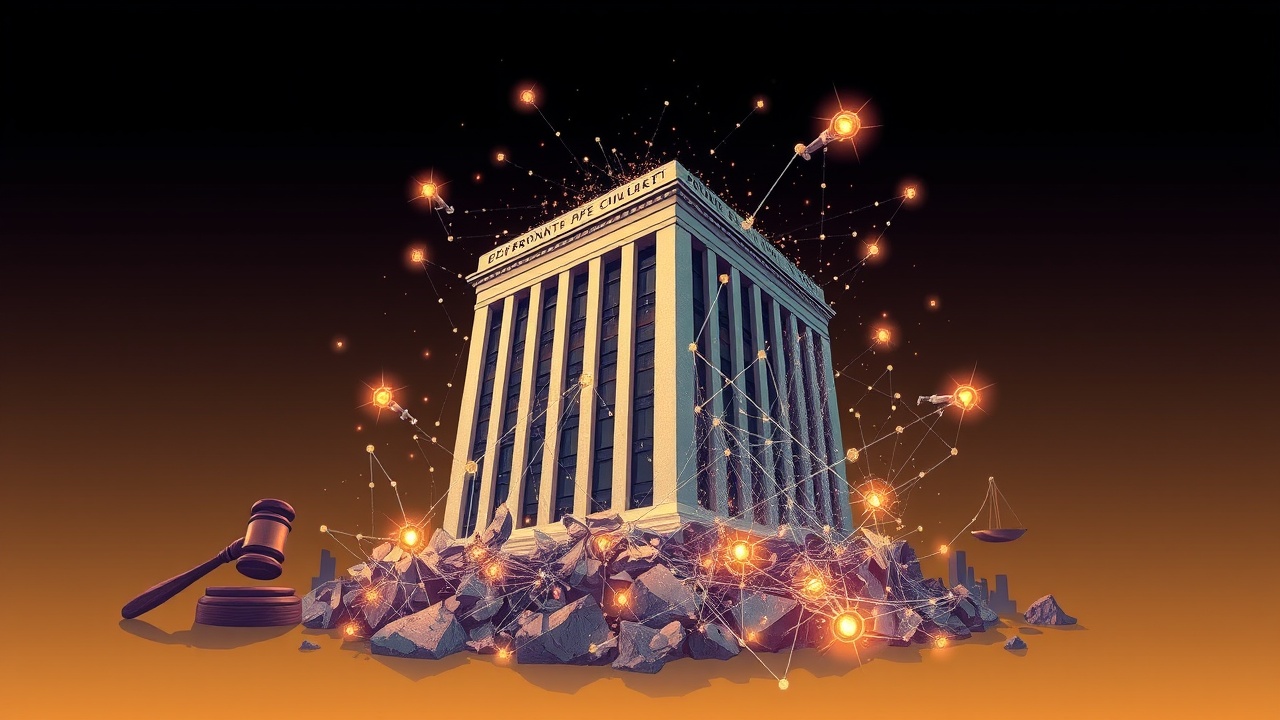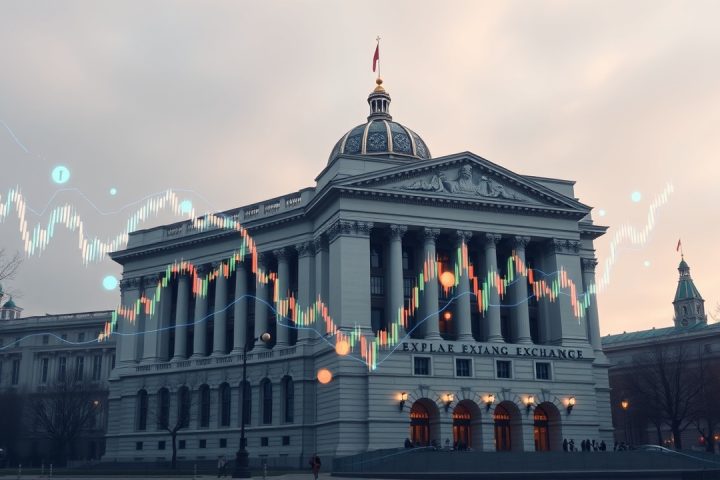The Rise of Decentralized Autonomous Organizations (DAOs)
The rise of decentralized autonomous organizations (DAOs) signifies a shift in how we perceive organization and ownership, challenging traditional methods of governance and business structure. DAOs have accumulated an impressive $20 billion in liquid assets, yet they find themselves in a precarious position legally; they lack the formal recognition that traditional corporations possess, presenting a dilemma for lawmakers and regulators worldwide.
Access and Transparency
At their essence, DAOs offer unprecedented access and transparency: any individual with internet access can participate in discussions, propose ideas, or exercise voting rights. This democratization is facilitated by code that automates governance processes, thus lowering barriers to entry and enabling a level of collective ownership. However, this very structure exposes critical vulnerabilities. While token holders may feel they possess ownership stakes, legally, they have none. This absence of legal identity prevents DAOs from engaging in contracts, remitting taxes, or shielding their participants from personal liabilities.
Challenges of Collective Ownership
Without clear accountability, the concept of collective ownership falters, leading to governance that is often dominated by wealthier participants or those who can invest more time. As engagement wanes, so too does innovation, ultimately fostering an environment of distrust both within and beyond the community.
Navigating Legal Frameworks
The pressing issue is how to reconcile the operational frameworks of DAOs with existing legal infrastructures. Many DAOs have sought to navigate these waters by adopting traditional business structures, such as registering as LLCs or founding non-profit entities. Certain jurisdictions, notably Wyoming and the Marshall Islands, have begun recognizing DAOs with unique legal classifications. While these efforts remedy essential operational needs, they create new challenges that can complicate governance.
Legal complications arise as these wrappers often clash with the on-chain principles inherent to DAOs. This discord forces the community into a position where it must choose between automated governance (code) and compliance with traditional legal standards. When the teams involved in a DAO operate across different regulatory landscapes, the organization may end up subject to a bewildering array of regulations, tax codes, and interpretations of what constitutes a DAO.
The Consequences of Legal Complexity
The consequence of this legal complexity is a fragmented regulatory environment that escalates operational costs, sidesteps genuine community involvement in decision-making, and ultimately hinders broader adoption of these innovative structures. Instances like Uniswap’s recent DUNI proposal exemplify the high costs associated with regulatory compliance, as the initiative earmarked $16.5 million purely for legal fees, a sum unattainable for many smaller DAOs. Such financial hurdles can stifle creativity and delay the launching of new projects.
Moving Forward
To move forward, it is imperative for legal frameworks to evolve and provide the necessary scaffolding for the continued growth of DAOs. A potential solution would be to redefine fiduciary responsibilities in a manner reflective of our digital landscape. Implementing roles such as a ‘digital fiduciary’ within each DAO could ensure accountability, thereby restoring trust through verifiable responsibility rather than reliance on reputation alone.
Additionally, establishing a universal standard for DAOs, akin to a “DAO passport,” could simplify compliance across borders by setting minimum criteria for transparency, liability protection, and conflict resolution. This would alleviate the need for a project to overhaul its legal framework whenever it enters a new jurisdiction.
The Future of DAOs
The future of DAOs hangs in the balance. Without legislative adaptation, they risk remaining an opaque tool for tech-savvy insiders. Conversely, with proactive regulatory involvement, DAOs have the potential to shape a new era in global governance and economic interaction—transparent, decentralized, and accountable by design.




